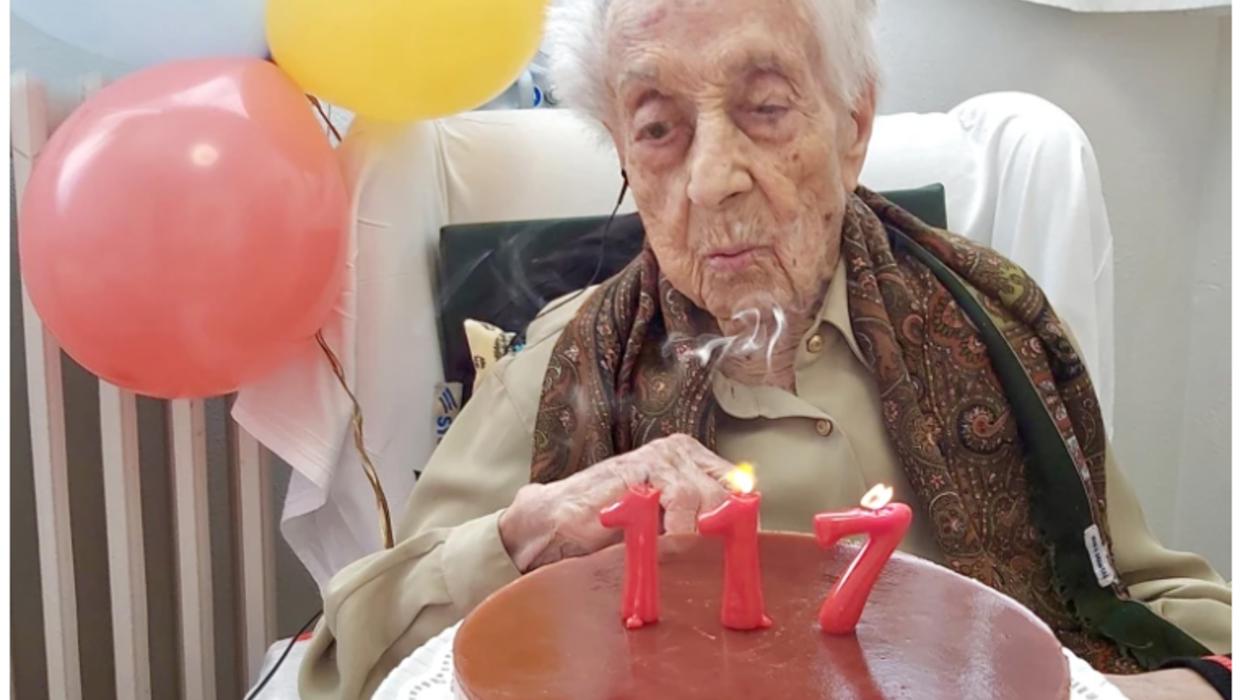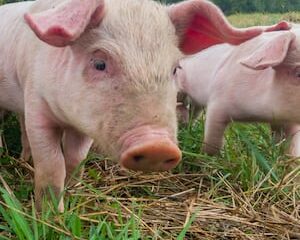Science
Researchers Uncover Secrets to Longevity from World’s Oldest Woman

A recent study has provided new insights into the life of Maria Branyas Morera, who at 117 years old is recognized as the world’s oldest living woman. Researchers have identified factors that contributed to her exceptional longevity, shedding light on potential pathways for extending life for others.
Born on March 4, 1907, in the United States and later moving to Spain, Branyas Morera’s life spans over a century marked by significant historical events. The study, conducted by a team at the University of California, San Diego, focused on her lifestyle choices, social connections, and genetic factors that may have played a role in her prolonged health.
Branyas Morera’s daily routine includes a balanced diet, regular social interaction, and a positive outlook on life. These elements align with existing research in gerontology, which suggests that both physical health and mental well-being are crucial for longevity. The findings emphasize the importance of maintaining strong social ties, which have been linked to improved health outcomes in older adults.
The researchers utilized a combination of interviews and health assessments to gather data on Branyas Morera and others in her age group. Through this analysis, they have highlighted specific habits that could be adopted by people seeking to enhance their longevity. Among these habits are a diet rich in fruits and vegetables, regular physical activity, and engaging in community activities, all of which contribute to a healthier lifestyle.
In addition to her personal habits, the study examined genetic factors that could influence longevity. While genetics alone do not dictate lifespan, they play a significant role in determining how individuals respond to environmental factors. Branyas Morera’s family history reveals that her mother also lived to a ripe old age, suggesting a potential genetic predisposition to longevity.
As the global population ages, understanding the secrets of long life becomes increasingly relevant. According to the World Health Organization, the number of people aged 60 and older is projected to reach 2.1 billion by 2050. Research like this not only addresses the biological aspects of aging but also emphasizes the societal changes needed to support an aging population.
The study’s results may serve as a foundation for future research into aging and health management. By analyzing the lives of centenarians like Branyas Morera, researchers hope to develop strategies that can help others achieve a longer, healthier life.
As the world grapples with the challenges of an aging population, the insights gained from Branyas Morera’s life could be instrumental in shaping public health policies and personal health practices. This research underscores the idea that longevity is not solely a matter of chance; rather, it is influenced by a combination of lifestyle choices, social connections, and possibly genetic factors.
In conclusion, the exploration of Maria Branyas Morera’s life offers valuable lessons in achieving longevity. As researchers continue to uncover the secrets behind her remarkable age, the hope is that these findings will inspire individuals to adopt healthier lifestyles, ultimately contributing to a society that values and supports its aging population.
-

 World1 week ago
World1 week agoPrivate Funeral Held for Dean Field and His Three Children
-

 Top Stories2 weeks ago
Top Stories2 weeks agoFuneral Planned for Field Siblings After Tragic House Fire
-

 Sports3 months ago
Sports3 months agoNetball New Zealand Stands Down Dame Noeline Taurua for Series
-

 Entertainment3 months ago
Entertainment3 months agoTributes Pour In for Lachlan Rofe, Reality Star, Dead at 47
-

 Entertainment2 months ago
Entertainment2 months agoNew ‘Maverick’ Chaser Joins Beat the Chasers Season Finale
-

 Sports3 months ago
Sports3 months agoSilver Ferns Legend Laura Langman Criticizes Team’s Attitude
-

 Sports1 month ago
Sports1 month agoEli Katoa Rushed to Hospital After Sideline Incident During Match
-

 World2 weeks ago
World2 weeks agoInvestigation Underway in Tragic Sanson House Fire Involving Family
-

 Politics2 months ago
Politics2 months agoNetball NZ Calls for Respect Amid Dame Taurua’s Standoff
-

 Top Stories2 weeks ago
Top Stories2 weeks agoShock and Grief Follow Tragic Family Deaths in New Zealand
-

 Entertainment3 months ago
Entertainment3 months agoKhloe Kardashian Embraces Innovative Stem Cell Therapy in Mexico
-

 World4 months ago
World4 months agoPolice Arrest Multiple Individuals During Funeral for Zain Taikato-Fox





















